Dear St. Kuriakose Elias Chavara, You dedicated your life to the service of God and His people. Through your deep faith, humility, and love for education, You guided many on the path of righteousness. Intercede for us, that we may live with the same zeal and dedication, And may we follow your example in bringing God's light to the world. Bless our families, our communities, and help us grow in holiness. Amen.
ST. KURIAKOSE OF CHAVARA
ST. KURIAKOSE OF CHAVARA
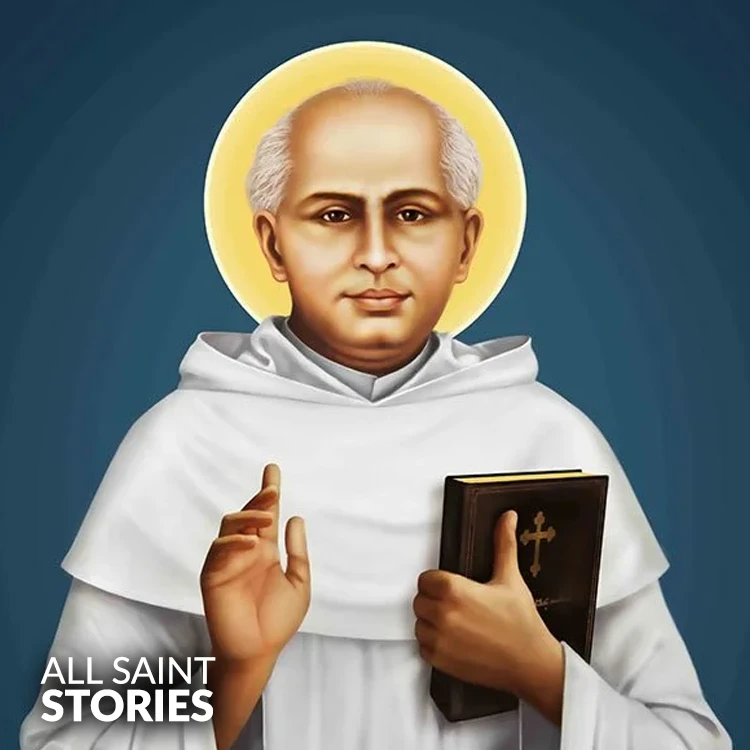
St. Kuriakose Elias Chavara was a 19th-century Indian priest, educator, and social reformer who co-founded the Carmelites of Mary Immaculate (CMI). He played a key role in shaping Kerala’s spiritual and educational landscape.
St. Kuriakose Elias Chavara, known as St. Chavara, was born on February 10, 1805, in Kainakary, in the present-day Indian state of Kerala. He was born into a deeply Catholic family and showed signs of spiritual fervor from an early age. He joined the seminary in 1818 and was ordained a priest in 1829.
A visionary and reformer, Fr. Chavara co-founded the Carmelites of Mary Immaculate (CMI) in 1831—the first indigenous religious congregation for men in India. Later, he played a foundational role in the creation of the Congregation of the Mother of Carmel (CMC) for women religious. His emphasis on both contemplative prayer and active service shaped the direction of the Church in Kerala.
Fr. Chavara was also a pioneer in education and social upliftment. He initiated the “pallikudams” (schools attached to every church), promoting universal education in Kerala regardless of caste or creed—a groundbreaking move at the time. He strongly advocated for the education of girls, the reform of family life, and care for the sick and poor.
Deeply devoted to the Eucharist and the Virgin Mary, Chavara was also a spiritual writer and poet. His works, including “Atmanutapam” (Lamentations of the Soul), reflect his mystical depth and theological insight.
He died on January 3, 1871, at the St. Philomena Monastery in Koonammavu. His mortal remains were later transferred to Mannanam, the cradle of the CMI congregation.
He was beatified in 1986 by Pope John Paul II and canonized on November 23, 2014, by Pope Francis. Today, he is venerated not only in India but around the world for his saintly life and reformative spirit.
Video Not Found
The information on this website is compiled from various trusted sources. While we aim for accuracy, some details may be incomplete or contain discrepancies.
If you notice any errors or have additional information about this saint, please use the form on the left to share your suggestions. Your input helps us improve and maintain reliable content for everyone.
All submissions are reviewed carefully, and your personal details will remain confidential. Thank you for contributing to the accuracy and value of this resource.
Credits & Acknowledgments
- Anudina Visudhar (Malayalam) – Life of Saints for Everyday
by Msgr. Thomas Moothedan, M.A., D.D. - Saint Companions for Each Day
by A. J. M. Mausolfe & J. K. Mausolfe - US Catholic (Faith in Real Life) – Informational articles
- Wikipedia – General reference content and images
- Anastpaul.com – Saint images and reflections
- Pravachaka Sabdam (Malayalam) – Saint-related content and insights
We sincerely thank these authors and platforms for their valuable contributions. If we have unintentionally missed any attribution, please notify us, and we will make the correction promptly.
If you have any suggestion about ST. KURIAKOSE OF CHAVARA
Your suggestion will help improve the information about this saint. Your details will not be disclosed anywhere.
© 2026 Copyright @ www.allsaintstories.com

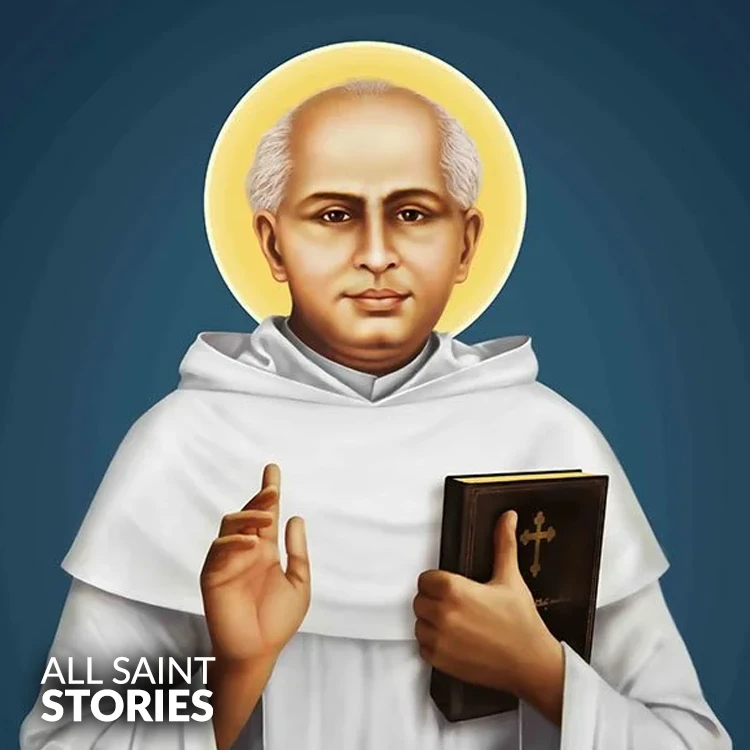
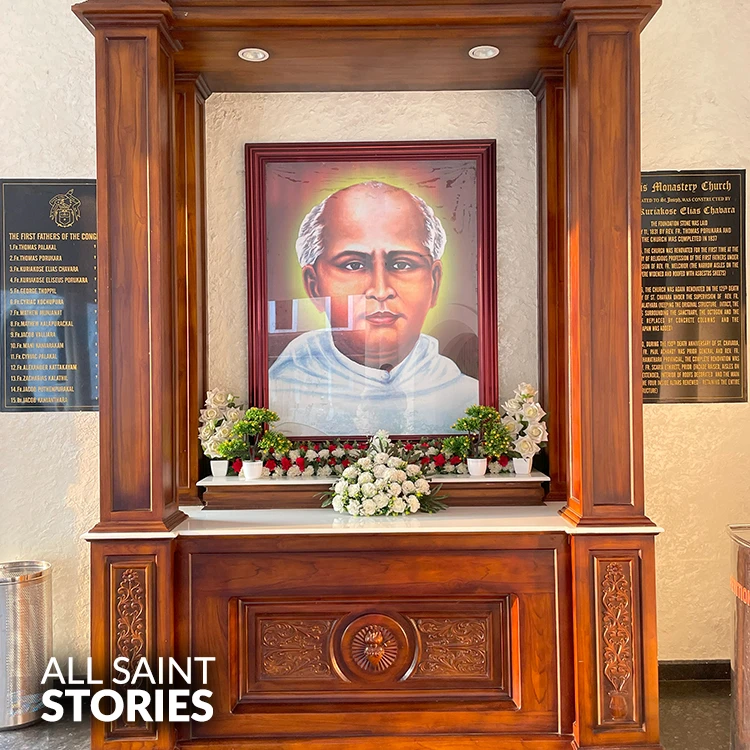
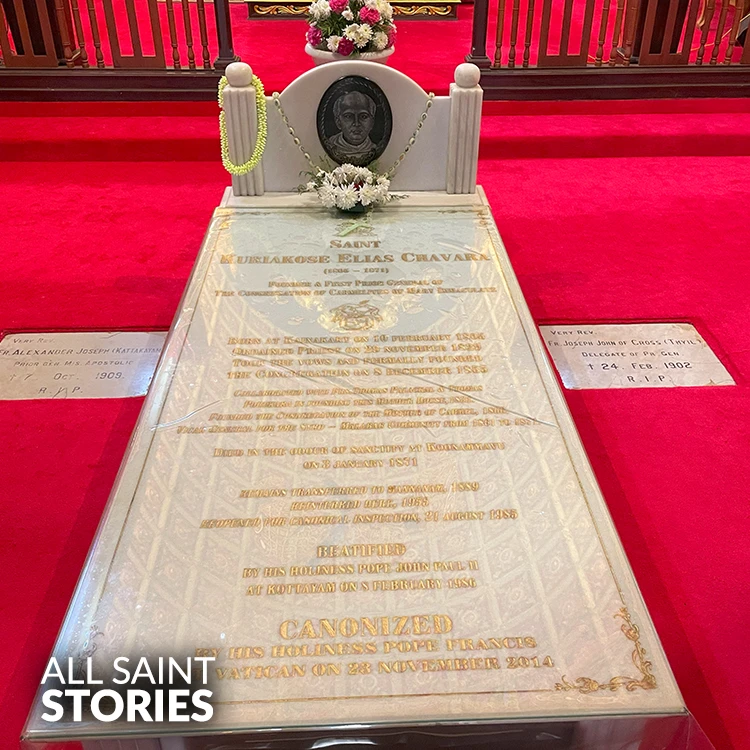
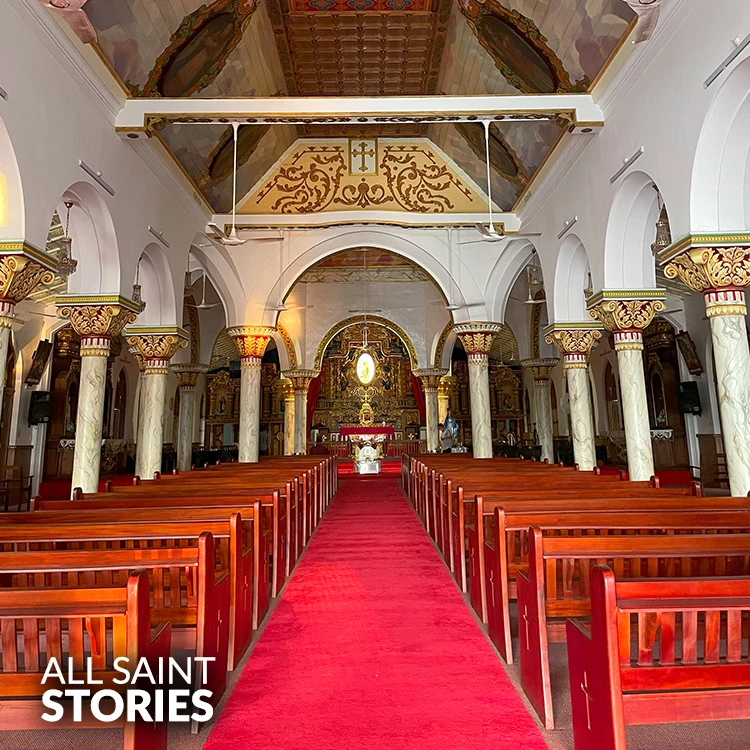
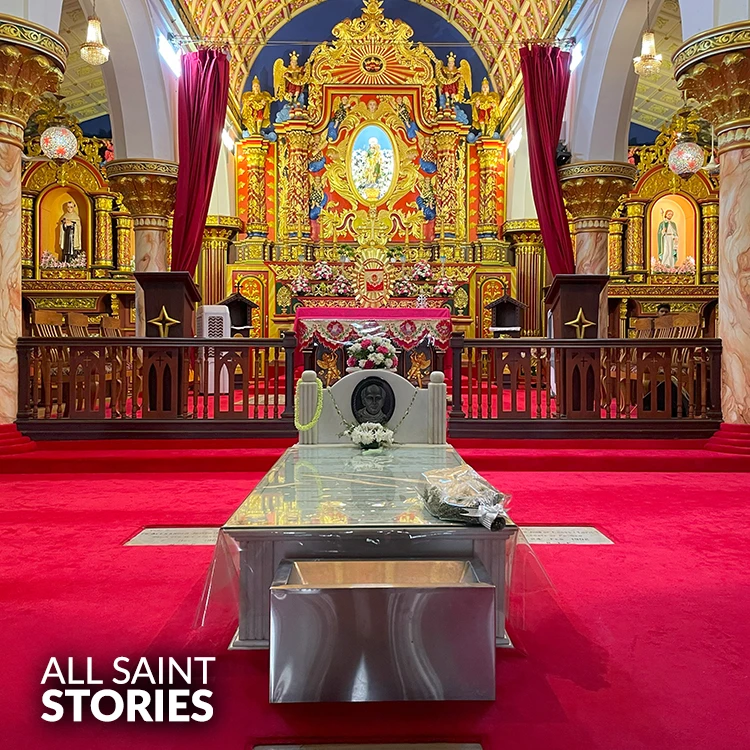
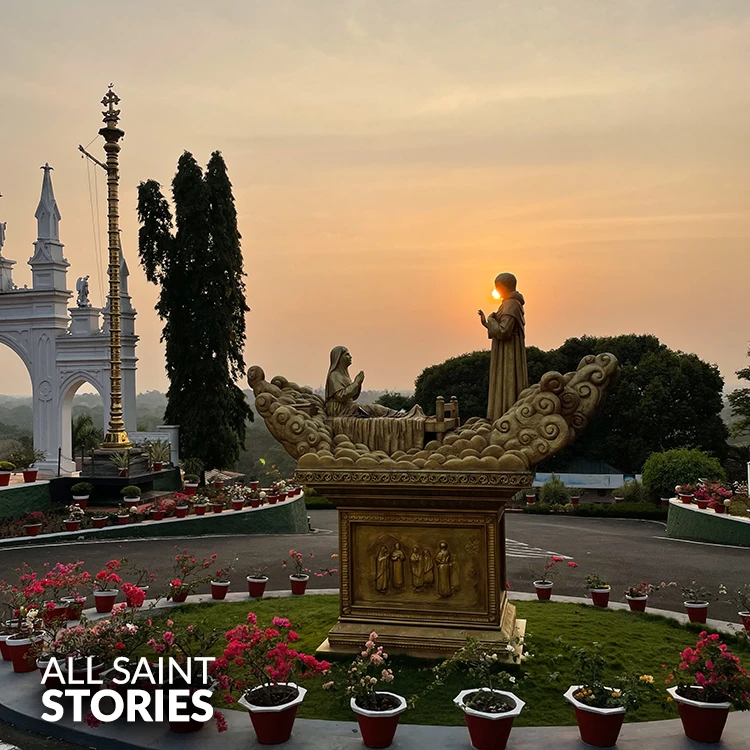
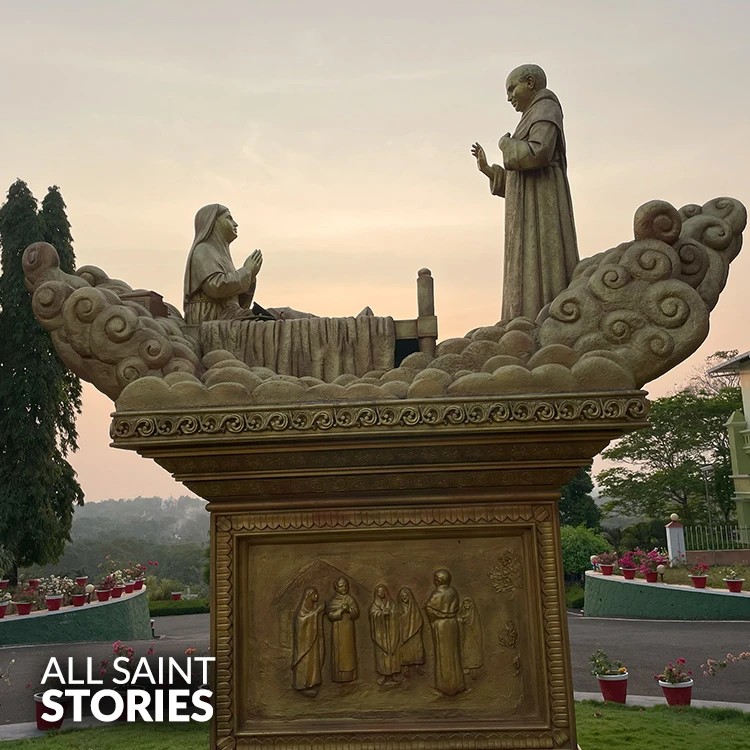
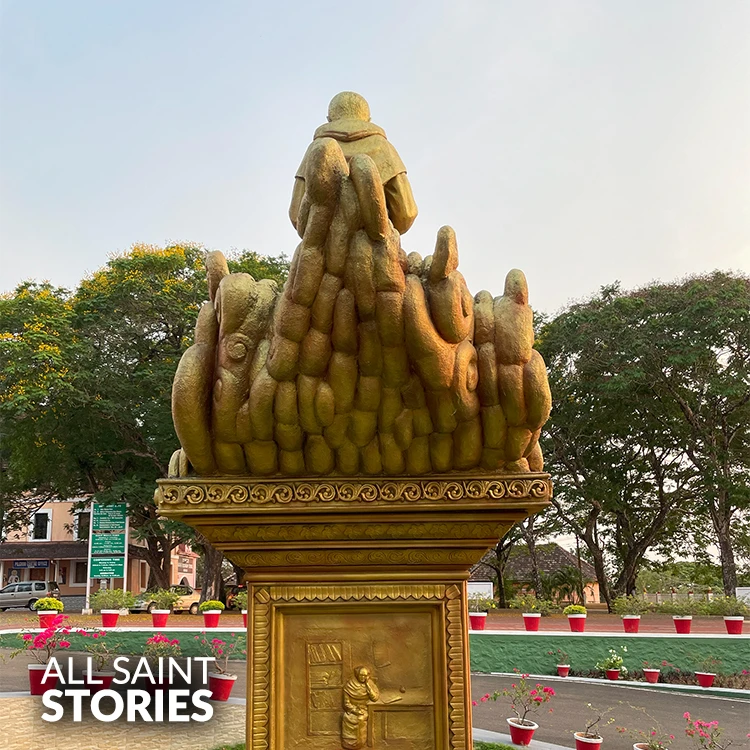
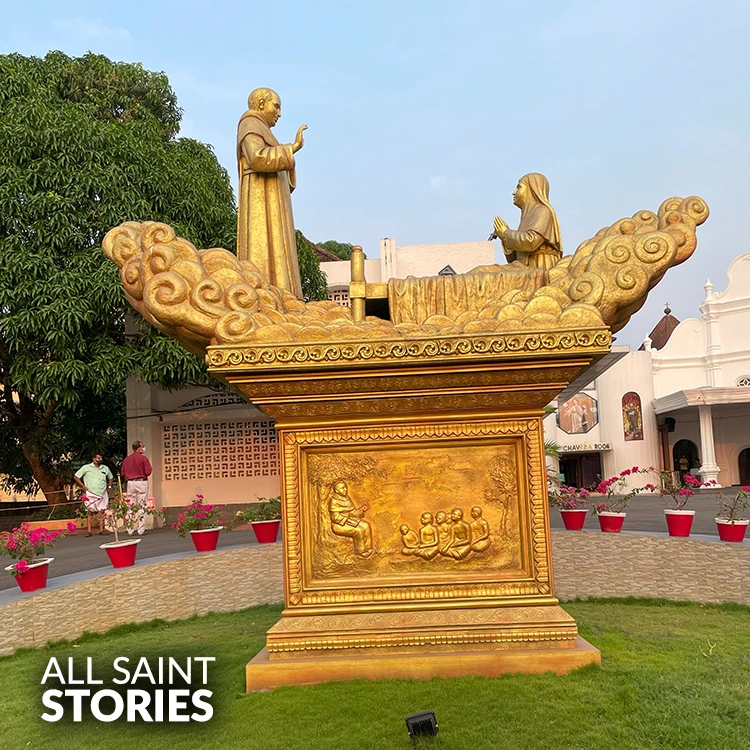

 English
English
 Italian
Italian
 French
French
 Spanish
Spanish
 Malayalam
Malayalam
 Russian
Russian
 Korean
Korean
 Sinhala
Sinhala
 Japanese
Japanese
 Arabic
Arabic
 Portuguese
Portuguese
 Bantu
Bantu
 Greek
Greek
 German
German
 Dutch
Dutch
 Filipino
Filipino